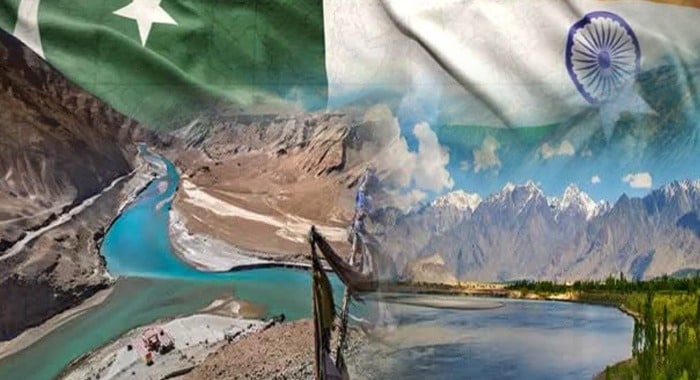India’s move to unilaterally suspend the Indus Waters Treaty (IWT) could backfire strategically, potentially provoking regional repercussions, according to a detailed analysis published by the international affairs journal The Diplomat.
The article warns that such a step may compel China to retaliate by restricting water flow from the Brahmaputra River, a vital waterway that contributes approximately 30% of India’s freshwater supply and supports 44% of the country’s total hydro-power generation capacity.
The Diplomat notes that China is already engaged in the construction of large-scale dams on the Brahmaputra in the Tibet Autonomous Region, which could be leveraged as a response to India’s actions on the western rivers governed under the IWT.
The analysis follows remarks by World Bank President Ajay Banga, who recently stated in an interview with CNBC that there is no provision within the treaty that allows for unilateral suspension. He clarified that any modifications or termination of the agreement must be mutually agreed upon by both Pakistan and India.
“The World Bank acts solely as a facilitator under the treaty,” President Banga said, reinforcing the binding nature of the 1960 accord signed by both countries under World Bank auspices.
Defence analysts have interpreted the World Bank’s position as a blow to India’s ambitions to unilaterally alter or exit the treaty. They argue that any such move would constitute a serious violation of international law and further strain regional water diplomacy.
“India’s unilateral approach to the Indus Waters Treaty has not only failed diplomatically but risks inviting retaliation that could severely impact its own water and energy security,” analysts added.
The Indus Waters Treaty, signed in 1960, is considered one of the most successful water-sharing agreements globally. Its durability has persisted despite numerous conflicts between the two nations. However, recent geopolitical tensions and growing water scarcity have brought its future into renewed focus.





